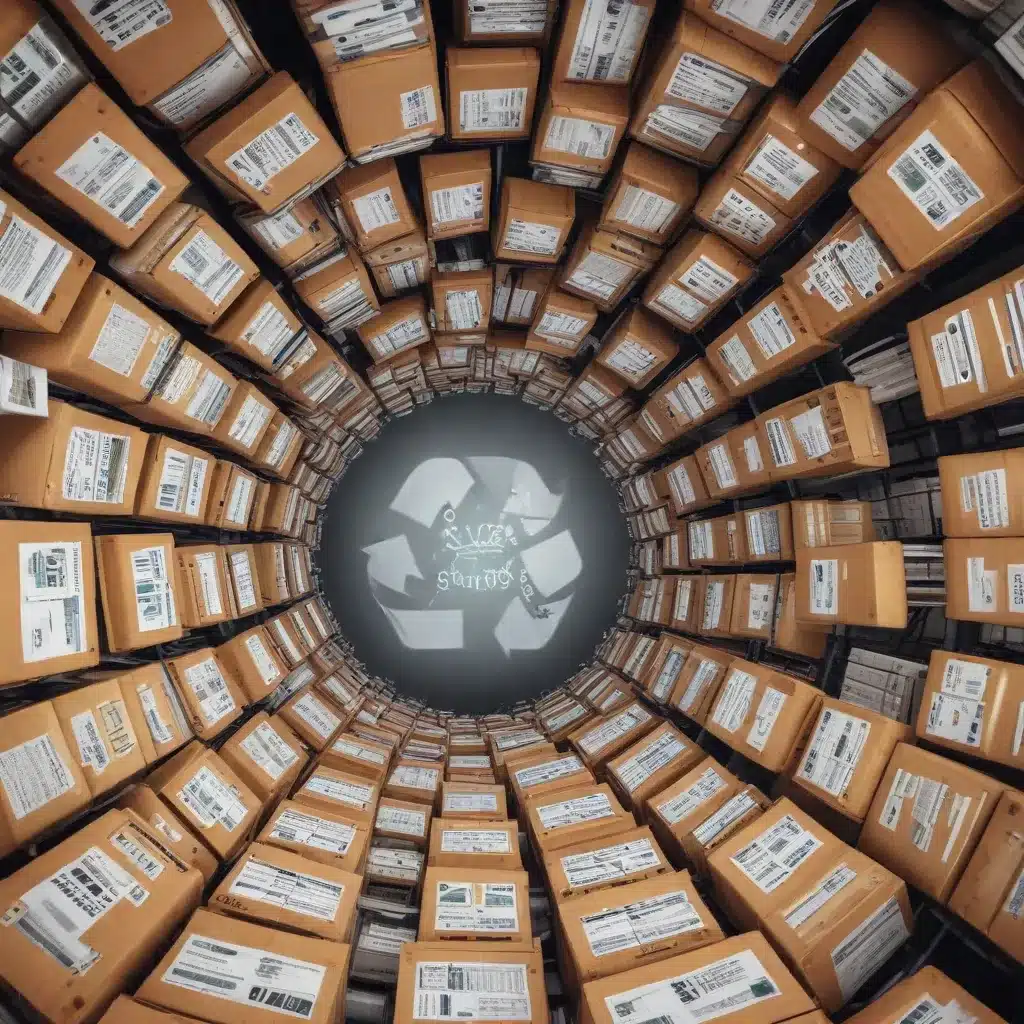
Backup Systems
Data Backup Strategies
In today’s data-driven world, the volume of information businesses generate and store is growing exponentially. Without a structured approach to data backup and archiving, organizations risk losing crucial information that can cripple operations and compromise sensitive data. The tried-and-true “3-2-1 rule” remains a valuable strategy, recommending that you keep three versions of your data – the original and two copies – stored on two different media, with one copy kept offsite for disaster recovery.
Beyond this foundational principle, businesses must also consider the environmental impact of their data storage practices. As the deployment of Artificial Intelligence (AI) escalates across industries, data has become the principal driver, providing valuable insights from previously untapped information. However, the growing demand for data storage also brings concerns about energy consumption and sustainability. According to the International Energy Agency, data centers are projected to consume a staggering 1,000 terawatts of electricity by 2026, mirroring Japan’s current total electricity usage.
Backup Storage Devices
To address this sustainability challenge, businesses should explore new “areal dense” storage solutions, such as HAMR-enabled hard drives, which can significantly improve density at more efficient power consumption levels. Additionally, supporting refurbished and recycled drives can make data storage more sustainable and limit electronic waste. The Circular Drive Initiative, a collaboration of global digital storage industry leaders, promotes the refurbishment, repair, reuse, and recycling of data drives, embodying the principles of the circular economy.
Backup Automation
Automating backup processes can also enhance efficiency and reduce energy consumption. Data management software that optimizes storage, retrieval, and backup can ensure data is stored and accessed in a manner that minimizes energy use, such as by reducing data retrieval times and streamlining backup procedures. Implementing policies that prioritize the deletion of obsolete data and efficient data lifecycle management can prevent unnecessary energy usage in data storage and access.
Circular Economy
Principles of Circular Economy
The circular economy is an economic model that emphasizes minimizing waste and making the most of resources through reuse and recycling. As the challenges of e-waste and unsustainable resource consumption intensify, the adoption of circular economy principles offers a viable pathway for IT organizations to mitigate environmental impacts while simultaneously enhancing their operational efficiency and improving the bottom line.
Sustainable Data Management
Embracing a circular economy approach in managing IT equipment involves prioritizing repair, reuse, and recycling. This strategy ensures that resources are utilized effectively throughout their lifecycle and that waste is minimized when equipment reaches the end of its usable life. Decentralized data management, which involves distributing data across various locations, can also enhance data accessibility, reduce data transfer times, and potentially minimize energy usage by optimizing data storage and retrieval processes.
Circular Data Archiving
Sustainable data archiving practices are not just an IT and security imperative; they are critical for business operations and environmental stewardship. By implementing circular data archiving strategies, organizations can reduce their carbon footprint, save money on energy costs, and demonstrate their commitment to corporate social responsibility (CSR). This alignment not only benefits the environment but also enhances the company’s reputation among stakeholders and customers, making it more appealing to those who prioritize environmental responsibility.
Data Archiving Practices
Long-term Data Preservation
Maintaining an “enduring focus” on data backup and archiving remains crucial, especially as the weight of data becomes more critical due to the integration of Artificial Intelligence. Selecting cost-optimizing storage solutions to preserve essential business data can shield organizations from cyber threats while demonstrating good corporate citizenship.
Sustainable Data Storage
Efficient data archiving practices often translate to reduced energy consumption, which can result in significant cost savings. By minimizing energy use, businesses can mitigate the financial impact of rising energy prices and contribute to financial stability. Additionally, as global attention on environmental sustainability grows, regulations around carbon emissions and energy usage are becoming more stringent. Adopting sustainable data archiving practices ensures compliance with such regulations, mitigating legal and financial risks.
Environmentally-friendly Archiving
Sustainable data archiving involves storing data in a way that uses less energy, which in turn reduces carbon emissions and is better for the environment. This can be achieved through the use of energy-efficient hardware, such as servers and storage devices that adhere to Energy Star ratings, as well as the optimization of data management software and processes. Cloud storage solutions can also offer a more energy-efficient alternative to traditional data centers, as cloud providers often have access to advanced, energy-efficient technologies and can provide scalable storage solutions that adapt to the business’s needs.
IT Sustainability
Green Data Centers
Data centers are major consumers of energy, accounting for approximately 1% of global electricity usage and 2% in the U.S. Addressing this challenge is crucial for IT organizations to reduce their environmental impact. Strategies such as virtualization, edge computing, and the use of renewable energy sources can significantly improve the energy efficiency of data centers and contribute to a more sustainable IT infrastructure.
Energy-efficient Hardware
The choice of hardware plays a pivotal role in determining energy consumption. Investing in energy-efficient servers, storage devices, and cooling systems can significantly reduce the overall energy requirements of data archiving. Businesses should prioritize hardware that adheres to Energy Star ratings and is optimized for performance while minimizing energy use.
Renewable Energy Sources
Incorporating renewable energy sources, such as solar or wind power, into data storage operations can drastically reduce carbon emissions. Transitioning to renewables not only supports sustainability but also provides a buffer against fluctuating non-renewable energy prices, offering economic benefits in the long term.
As the world becomes increasingly data-driven, the need for sustainable data archiving practices has never been more crucial. By embracing the principles of the circular economy, IT organizations can reduce their environmental impact, enhance operational efficiency, and demonstrate their commitment to corporate social responsibility. From implementing backup strategies that prioritize energy efficiency to adopting circular data archiving practices, businesses can play a pivotal role in shaping a more sustainable digital future.












